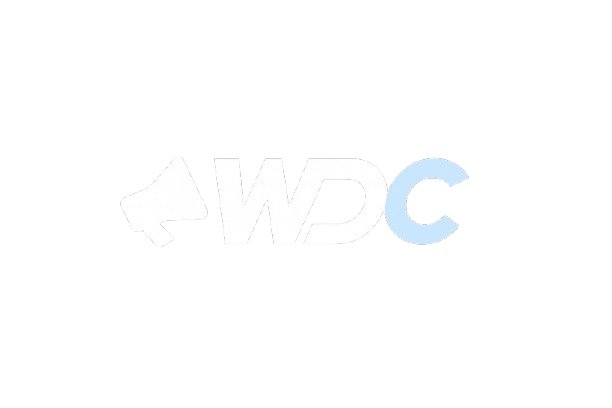In 2025, the digital landscape continues to evolve, reshaping how businesses operate and interact with their audience. For startups, having a website is no longer optional—it’s a fundamental necessity. A website acts as the virtual storefront, providing credibility, visibility, and opportunities for growth. Here’s why launching with a professional website from day one is crucial for startups in today’s hyper-connected world.
1. Establishing Credibility
A well-designed website instantly boosts your startup’s credibility. In 2025, customers expect businesses to have an online presence, and not having a website can raise questions about your legitimacy. A website shows that your startup is serious, professional, and ready to serve. It also provides potential clients or investors with essential information about your business, including your mission, services, and contact details.
2. Expanding Your Reach
Gone are the days when businesses relied solely on physical locations or word-of-mouth to attract customers. A website allows your startup to reach a global audience, breaking geographical boundaries. Whether you’re offering products, services, or ideas, a website ensures your business is accessible 24/7, providing information and driving conversions even while you sleep.
3. Building Brand Identity
A website serves as a canvas for your brand. Through design, content, and functionality, you can showcase your startup’s personality and values. Consistent branding across your website helps in creating a strong, memorable identity that resonates with your target audience. In 2025, where digital branding plays a pivotal role, a cohesive online presence sets you apart in a crowded marketplace.
4. Driving Customer Engagement
Modern websites are more than just information hubs—they’re interactive platforms that engage users. Features like chatbots, blogs, videos, and newsletters can keep your audience informed and entertained. By integrating social media and email marketing, your website can become a central hub for communication, allowing you to nurture relationships with your audience.
5. Leveraging Data and Analytics
Websites in 2025 are powered by advanced analytics tools that provide insights into user behavior, preferences, and trends. These insights are invaluable for startups, helping you refine your strategies, optimize your offerings, and deliver personalized experiences. Without a website, you miss out on these data-driven opportunities to improve and scale your business.
6. Competing Effectively
The startup ecosystem is competitive, and every edge counts. A professional website levels the playing field, allowing you to compete with established businesses. It ensures your startup is discoverable on search engines, giving you a chance to attract organic traffic and grow your customer base without heavy reliance on paid advertising.
7. Cost-Effective Marketing
Websites offer a high return on investment by serving as a cost-effective marketing tool. Through search engine optimization (SEO), your website can attract traffic organically. Combined with digital marketing strategies like content marketing and social media, your website becomes a powerful lead-generation tool without the hefty price tag of traditional advertising.
Conclusion
In 2025, a website is more than a luxury for startups—it’s a strategic asset that drives growth, builds trust, and fosters connections. From establishing credibility to reaching a global audience, the benefits of launching with a website are unparalleled. For startups looking to make a mark, investing in a professional website from day one is a step toward long-term success in the digital age.

